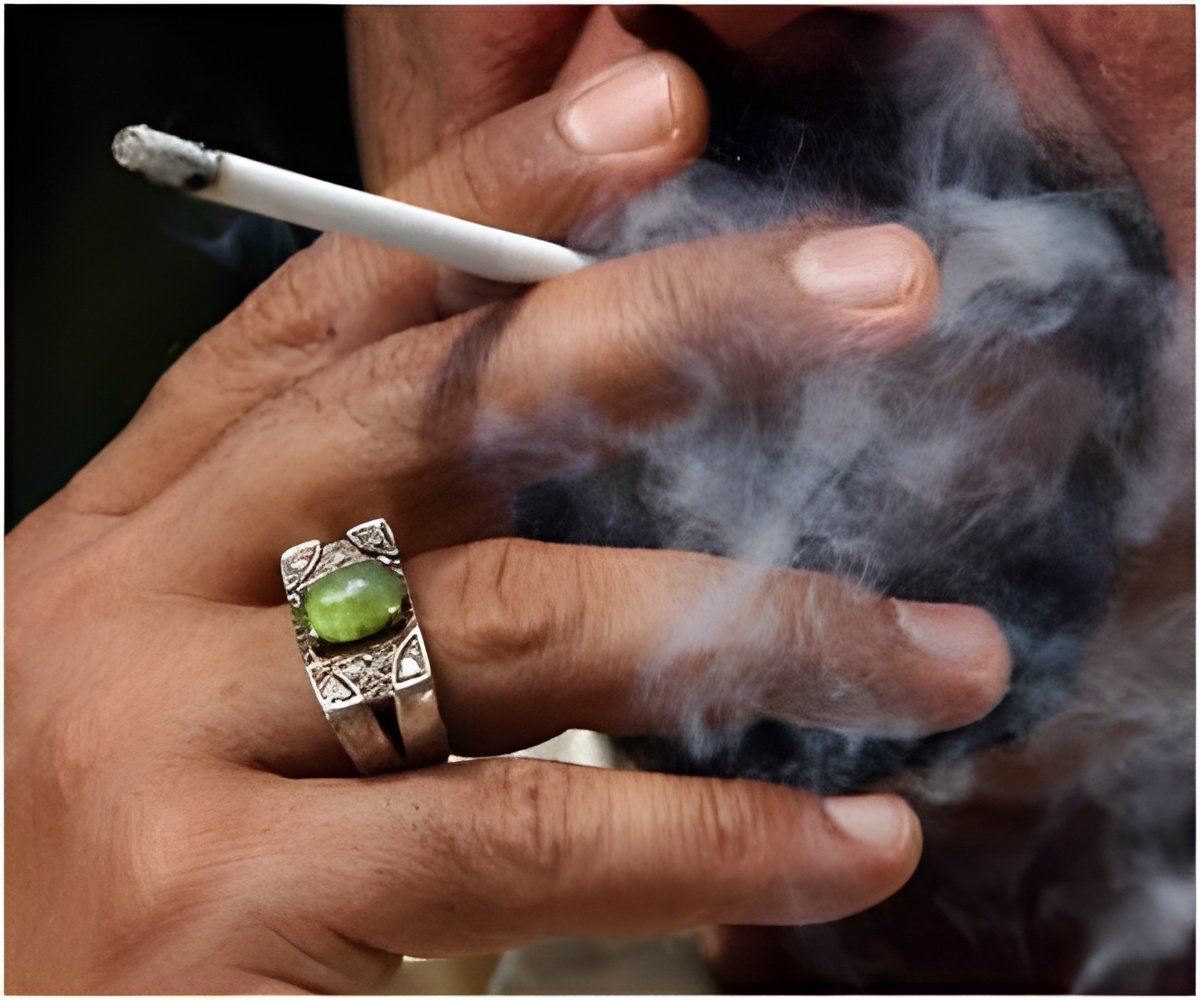A health expert said that morbidity costs of tobacco are higher in Kerala than in the rest of the country.

K.R. Thankappan, professor and head, Achutha Menon Centre for Health Science Studies said Wednesday that considering the similarity of tobacco use prevalence in Kerala and other parts of India, one might expect the proportional morbidity on account of tobacco use to be close to that of the all-India figure.
"The survival rates of cancer and heart attacks, two of the major tobacco-induced diseases, are higher in Kerala," said Thankappan, a well-known advocate of tobacco control in Kerala.
Thankappan was responding to a study that revealed that tobacco-induced morbidity had drained the country of US $502 million in just one year -- 2004.
Included in the total economic cost are direct healthcare expenditure for inpatient hospitalisation or outpatient visits, expenditure incurred on transportation other than ambulance, lodging charge of care-givers and wage income lost to the whole household due to in-patient hospitalisation or out-patient visits.
The study has appeared in the current issue of Indian Journal of Medical and Paediatric Oncology - the official journal of the Indian Society of Medical and Paediatric Oncology.
Advertisement
The paper also emphasises the need for adequate tobacco cessation services in the country.
Advertisement
Cessation centres in India have reported quit rates of around 16 percent, six weeks after intervention, the paper notes.
The paper has been authored by a team led by Gauravi A. Mishra of Tata Memorial Centre, Mumbai, and is an attempt at comprehensively covering different aspects of tobacco control with particular reference to the Indian scenario.
Source-IANS










